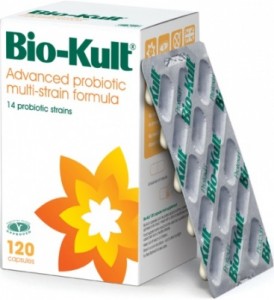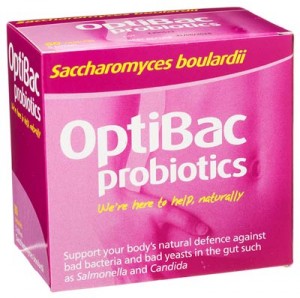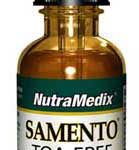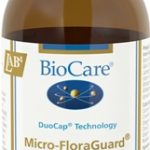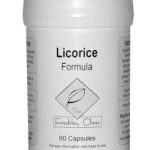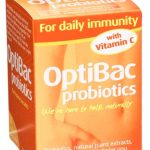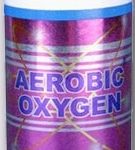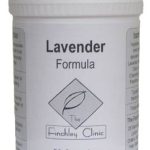
We’ll be open almost up to Christmas, and if you want to order before we close here are the deadlines:
- The last date for guaranteed (courier) UK delivery before Christmas is Thursday 22nd December. This is also the last date for orders to be shipped internationally by courier (usually 3-4 working days).
- The last date for 1st and 2nd class Royal Mail shipping before Christmas (but delivery before Christmas is NOT guaranteed) is 10am on Friday 23rd December. This is also the cut off time for orders being shipped by Air Mail (delivery time is usually about 5 -10 working days).
Products to prevent colds and flu’s over the holiday season
There are loads of choices here. It may be hard to decide which one to use, but using one or more works, whereas being lazy or indecisive and not using any of them as a result, does not. Here’s a quick summary of what we’ve got.
1) All of our liquid oxygen products are anti-viral. As for which one is the “best” one in this category, well that’s almost impossible to say. Basically, they all work.
2) All Vitamin C products boost immunity, and combat viral infection and pretty much all infectious disease. Our best selling one, which is also excellent value for money is Tapioca Vitamin C (formerly Ultra Pure Vitamin C) 1000mg 90 caps – and I take this product myself.
3) Zinc (our favourite one is Zinc Ascorbate) and Selenium (more or less any of them) also help tremendously in preventing viral replication
4) We provide a number of antioxidant products which combine Vitamin C, Zinc, Selenium and other important antioxidants as an all-in-one product. They are all quite similar, but based both on value for money, and the actual balance of the nutrients provided, we think that Antioxidant Supreme which I take myself is the best one. My own mentor used to say (repeatedly!) that everyone who wants to optimise their health should take this or something similar, long term. The only important vitamin antioxidant that’s missing from this product, and for some reason most similar ones is…
4) Vitamin D, which close to 100% of people are deficient in during the winter is highly supportive to immunity, whereas being deficient is highly unsupportive (there is also overwhelming evidence that people who are chronically and long term low in this vitamin are statistically more likely both to get cancer, and if they do get end up with this awful illness, less likely to thrive and recover). Of the Vitamin D products we provide, we think this is the best one and is the one I personally use (although almost any Vitamin D product would be better than nothing), and is beneficial for almost everyone.
6) Herbs. We sell a lot of Anti-Viral herbs. Our top choices would include Pau D’Arco (also known as Lapacho), Samento (a more powerful form of Cat’s Claw), Barberry (which has similar properties to Golden Seal), and Olive leaf extract.
7) Support your adrenal glands. Cutting a long story short: Strong adrenals = strong immunity. Weak adrenals = low immunity. Our top choices from this category are Licorice Formula (or the more gentle Licorice Formula A for sensitive individuals), and Adrenal Support.
8) Keep your colon clean and well oxygenated. As Dr Edward Group of Global Healing Center puts it, “Regular intestinal cleansing with an oxygen based colon cleanser like Oxy-Powder can support your immune system by providing a balanced, clean environment for probiotic bacteria to thrive. The positive benefits of intestinal cleansing with Oxy-Powder are enhanced when it’s paired with a good probiotic supplement.”
9) And finally, as stated above, consider probiotics.
So that’s the quick ABC of keeping health and vibrant over Christmas. Have a Happy Christmas or Chanukah if you celebrate these festivals, and if you don’t just have a fun relaxing break!
 Mark G. Lester
Mark G. Lester
Director and boss (not that my staff agree) – The Finchley Clinic Ltd
www.thefinchleyclinic.com

